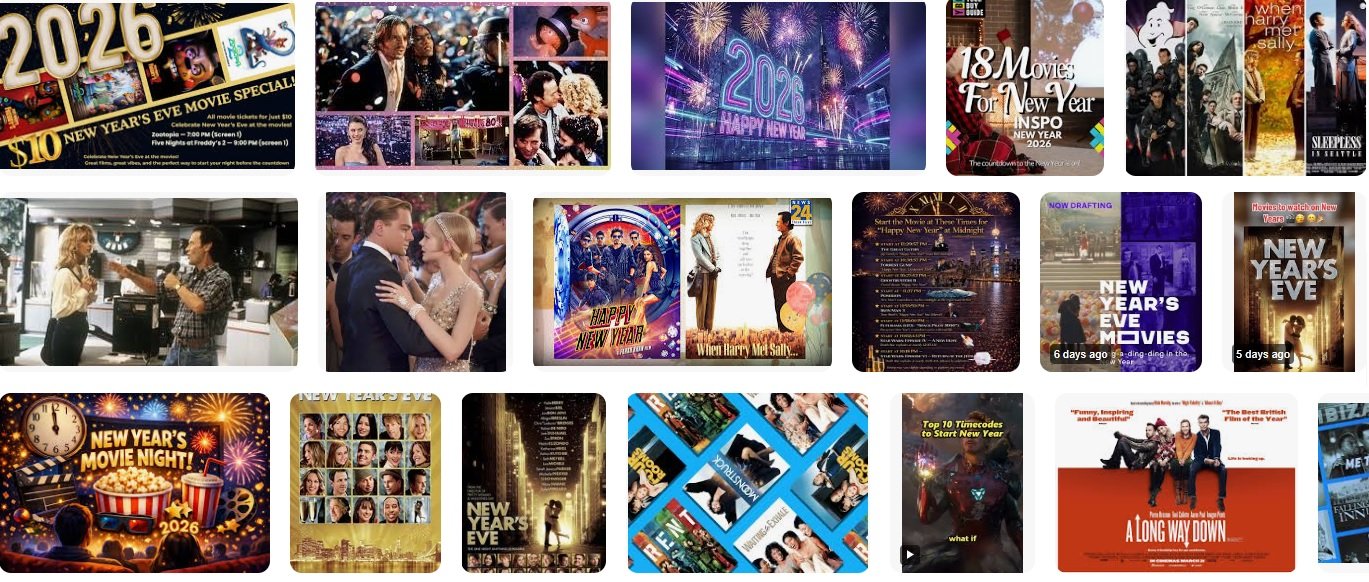Theater has been a cornerstone of culture and entertainment for centuries, offering a unique blend of artistic expression and storytelling that captivates audiences of all ages. From the ancient Greek tragedies to modern Broadway shows, the theatrical arts have evolved over time, yet remain a vital and relevant part of our society. In this comprehensive guide, we’ll explore the history, culture, and impact of theater, as well as the different types of theater, key figures in the industry, and the role of technology in contemporary theater.
Introduction: What is Theater?
Theater is a form of performing arts that uses live actors, costumes, sets, and sound to convey a story or message to an audience. It can be a play, musical, dance, or any combination of these, and can be performed in a variety of settings, from small community theaters to grand opera houses. Theater is a collaborative art form that involves writers, directors, actors, designers, and technicians, all working together to create a memorable and meaningful experience for the audience.
The History and Evolution of Theater
Ancient Greece, where plays were performed as part of religious festivals, is where theater got its start. These plays were usually tragedies, exploring themes of human suffering, morality, and fate. Theater continued to evolve throughout the centuries, with the rise of Shakespearean drama in the Elizabethan era, and the emergence of musical theater in the 20th century.
Types of Theater
There are many different types of theater, each with its own unique style and purpose. Some of the most popular types of theater include:
Drama Theater
Drama is a type of theater that explores serious themes, often with tragic or emotional elements. It can be a one-act play or a full-length production, and may focus on historical events, societal issues, or personal relationships.
Comedy Theater
Comedy is a type of theater that aims to make audiences laugh. It can be a farce, satire, or romantic comedy, and often uses exaggerated characters and situations to create humor.
Musical Theater
Musical theater is a type of theater that combines singing, dancing, and acting to tell a story. It often includes catchy songs, elaborate dance numbers, and colorful costumes.
Children’s Theater
Children’s theater is a type of theater that is specifically designed for young audiences. It can be educational, entertaining, or a combination of both, and often uses puppetry, music, and interactive elements to engage children.
Key Figures in Theater
Throughout history, many influential figures have made significant contributions to the world of theater. Some of the most notable include:
William Shakespeare Play
Shakespeare’s plays are still performed and studied to this day, and he is widely regarded as the best playwright in English. His plays, such as “Hamlet,” “Macbeth,” and “Romeo and Juliet,” are considered classics of the theatrical canon.
Lin-Manuel Miranda
Lin-Manuel Miranda is a contemporary playwright, composer, and actor who has revolutionized the world of musical theater. His hit shows, “Hamilton” and “In the Heights,” have received critical acclaim and widespread popularity.
Lorraine Hansberry
Lorraine Hansberry was an African American dramatist who expressed “A Raisin in the Sun,” the primary play by a person of color to be created on Broadway. Her work explored themes of race, gender, and social justice, and continues to be relevant today.
The Role of Technology in Theater
Technology has had a significant impact on the world of theater, from the use of lighting and sound to enhance performances, to the development of digital effects and virtual reality experiences. Some of the key ways technology has transformed the theater industry include:
Digital Scenery and Effects On Stage
Advances in technology have made it possible to create stunning visual effects and scenery on stage. From projections and LED screens to holographic imagery, digital technology has opened up a world of possibilities for designers and directors.
Virtual Reality and Augmented Reality
Virtual reality and augmented reality technologies have also made it possible to create immersive experiences for audiences. Shows like “Sleep No More” and “The Encounter” use VR and AR to transport audiences to other worlds and create interactive experiences.
Live streaming and Digital Distribution
With the rise of live streaming and digital distribution platforms, theater is no longer limited to physical spaces. Productions can now be shared with audiences around the world, making theater more accessible and inclusive.
The Impact of Theater on Society
Theater has always had a powerful impact on society, reflecting the social and political issues of the time and sparking important conversations. Some of the ways theater has impacted society include:
Social Change
Theater has been used as a tool for social change, tackling issues like racism, sexism, and LGBTQ+ rights. Plays like “Angels in America” and “The Normal Heart” have raised awareness and helped to shift public opinion on important issues.
Education and Empathy
Theater can also be a powerful tool for education and empathy-building. Productions that explore historical events or personal struggles can help audiences better understand and relate to different perspectives.
Community Building
Theater can also play an important role in building community, bringing people together to share experiences and connect with one another. Community theaters and local productions can be a vital part of neighborhood culture and identity.
Conclusion
Theater is a rich and diverse art form that has been an important part of human culture for centuries. From ancient Greek tragedies to modern musicals, theater has evolved and adapted to reflect the changing times and issues of society. With the help of technology and innovative storytelling, theater continues to captivate and inspire audiences around the world.
FAQs
What differentiates a musical from a play?
A play is a type of theater that is typically focused on serious themes and doesn’t involve singing or dancing. A musical, on the other hand, combines singing, dancing, and acting to tell a story.
Who is thought to be the greatest playwright ever?
The best playwright in the English language is generally acknowledged to be the late William Shakespeare.
How has technology impacted theater?
Technology has had a significant impact on theater, from the use of digital effects and virtual reality experiences to the development of live streaming and digital distribution platforms.
How can social change be promoted through theater?
Theater can be used to promote social change by tackling issues like racism, sexism, and LGBTQ+ rights. Raising awareness and shifting public opinion.
What is the role of community theater in local culture?
Community theaters and local productions can be a vital part of neighborhood culture and identity. Bringing people together to share experiences and connect with one another.
















